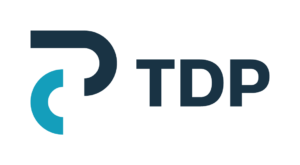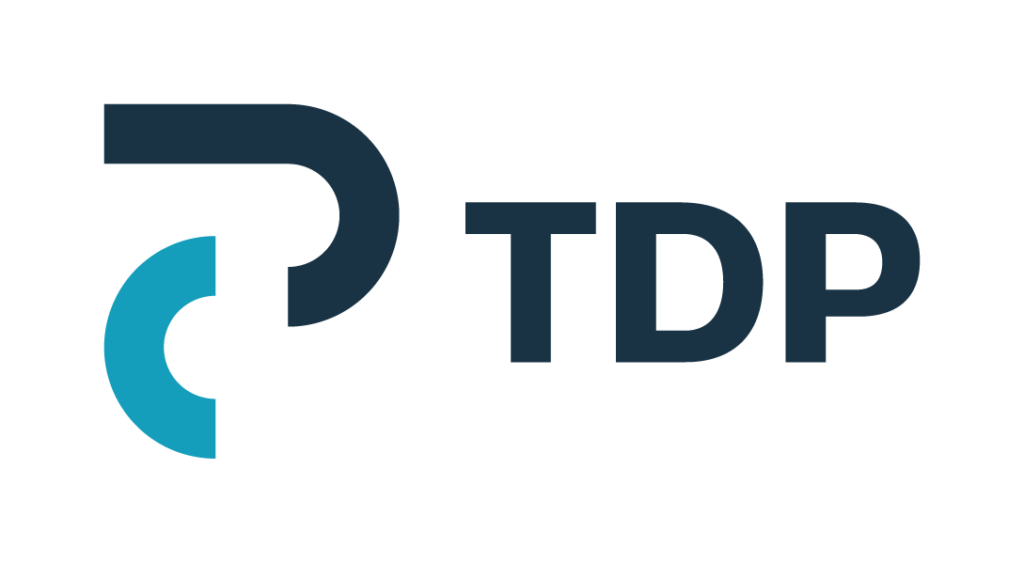Where there is a business, there is potential for fraud, both internally and externally. Trying to stay ahead of the curve through early detection and setting up key practices within your organisation can help you with preventing fraud from disrupting your business.
Many business owners are typically focused on the risks that external fraud can impose on their business, without really paying attention to the damage internal fraud can cause. According to the Global Economic Crime and Fraud Survey, 41% of economic crimes in South Africa were committed by employees, in comparison to the 36% of fraud committed by external sources and 21% was collusion between the two.
Internal fraud may include:
1. Payroll Fraud Schemes, for example, “ghost” employees, falsified wages, timesheet fraud, and expense and reimbursement fraud.
2. Invoice Fraud Schemes, for example, false invoices, inflated invoice costs, and increased invoice activity.
3. Asset Misappropriation and Skimming Fraud Schemes may include EFT tampering, inventory theft, expense account fraud, and misuse of assets.
4. Financial Statement Fraud Schemes, for example, accounting anomalies, falsified growth reports, falsifying the value of an asset, and reporting non-existent revenue from a sale.
Ways of reducing internal fraud are:
- Employee background checks – Improve the quality and standard of your hiring practices by deterring unqualified or dishonest applicants, which can save you time and money by mitigating your risk of payroll fraud.
- Lifestyle audits – You can determine if an employee is living above their means, by comparing their known income with their current expenses and lifestyle to reduce fraudulent practices within your business.
- Due diligence with Purchase Orders: It is worth checking purchase orders against invoices to ensure the amounts are the same before processing payments. Even small amounts can accumulate to thousands of rands over time, if not detected promptly.
- Split accounting responsibilities: If one person oversees payments and invoicing, there is an increased possibility of fraud. Split the accounting and financial responsibilities amongst a team so that no single individual has the authority to approve purchase orders, paycheques or payments and identify suspicious invoices easily.
- Run internal inventory audits: Companies should invest in an automated inventory management system that keeps the company informed of current stock levels and rapidly detects unauthorised removal of assets
- Create strong corporate culture: Encourage employees to adhere to company policies and procedures, provide reasonable assurance that accounting information is accurate, reliable and timely and promote fraud prevention through education and proper staff training.
- Use trusted external accountants!!!
External fraud, on the other hand, can manifest itself in a variety of ways and negatively impact a company’s financial, material or reputational state. Below are the three classifications of external fraud every business owner should be on the lookout for:
1. First-Party Fraud includes fronting, address fronting, checkback fraud, and de-shopping.
2. Second-Party Fraud is when a legitimate account holder willingly gives out their personal or financial information to a fraudster for them to commit fraud.
3. Third-Party Fraud, commonly known as identity theft, is where a fraudster impersonates an account holder’s identity and uses their personal information to defraud and deceive a business, bank or other financial organisation.
Ways of reducing external fraud include:
- Verify through the South African Fraud Prevention Service (SAFPS) platform (https://www.safps.org.za/): Confirm whether or not an ID number has been used for any fraudulent activity in the past or has been the victim of fraud.
- Consider doing a credit check: Get a summary of an individual’s credit history and make better decisions regarding the consumer’s creditworthiness.
- Run a Know Your Customer (KYC) check: Verify the address provided by a customer by matching addresses found in the bureau’s consumer database supplied by SACCRA (Banks, Telco’s) and NLR (Micro Financing) members in real-time.
- Review your return policies: Consult with a legal expert and with the suppliers to determine the best suitable return policies for your clients and business, by reducing fraudulent sales.
- Get credit authorisations: Protect your business and lower your risk of fraud by confirming credit authorisations.
Contact Jaco at jaco@pe.tdp.co.za if you want to discuss any of these issues further.


